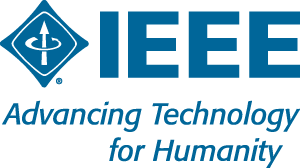Edith Beigne
Augmented reality (AR) is a set of technologies that will fundamentally change the way we interact with our environment. It represents a merging of the physical and the digital worlds into a rich, context aware and accessible user interface delivered through a socially acceptable form factor such as eyeglasses. One of the biggest challenges in realizing a comprehensive AR experience is managing power consumption to ensure both adequate battery life and a physically comfortable thermal envelope. This presentation reviews advanced concepts in minimizing power in data transfer across components, leveraging highly efficient accelerators while maintaining programmability, and the potential of emerging nonvolatile memories for low power computing.
Bio:
Edith Beigne is leading the AR/VR Silicon Research team. Before that, she was with CEA-LETI, France, from 1998 to 2018 where she was the Research Director of Integrated Circuits and System Division. Since 2009, she has been a senior scientist in the digital and mixed-signal design lab where she focused on low power and adaptive circuit techniques, exploiting asynchronous design and advanced technology nodes for different applications ranging from high performance MPSoC to ultra-low power IoT applications. Her main research interests today are low power digital and mixed-signal circuits and design with emerging technologies. She is part of ISSCC TPC since 2014, chair of the digital circuits sub-committee and part of VLSI symposium TPC since 2015. Distinguished Lecturer for the SSCS in 2016/2017, Women-in-Circuits Committee chair and JSSC Associate Editor since 2018. She visited Stanford University in 2018 to research on emerging technologies and new architectures.


|